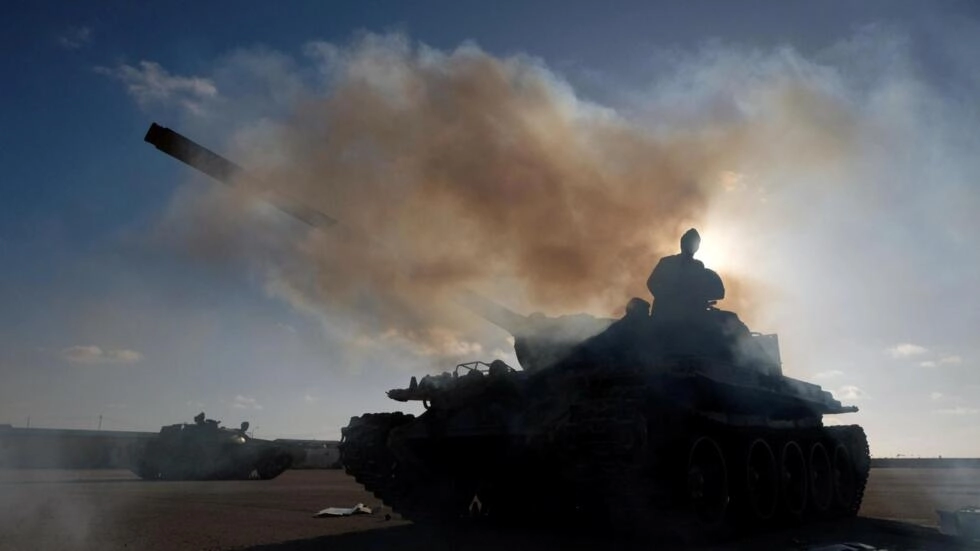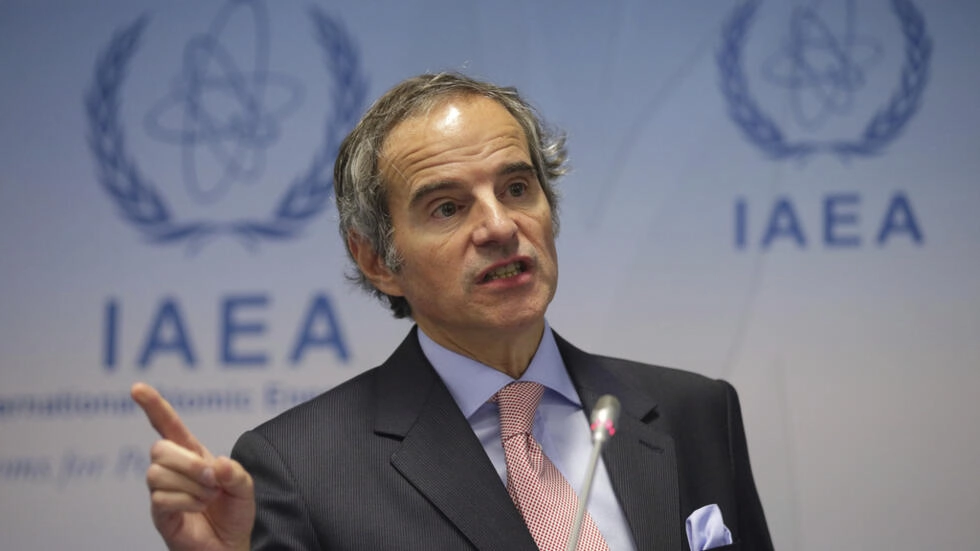(RFI) IAEA inspectors have verified the disappearance of ten containers containing concentrated natural uranium, also known as yellow cake. The IAEA has not given details of the case, but has notified the agency’s member countries about the mysterious disappearance, explains Le Monde.
Libya, the French paper continues, abandoned its nuclear weapons development program in 2003, two years after the fall of former dictator Muammar Gaddafi, who initiated the project. With the fall and death of Gaddafi, after a military intervention led by France and the United Kingdom, with the support of the United States, the country entered a deep political crisis.
Today, Libya is a country split down the middle, ruled by two rival powers in the east and west of the territory, with areas occupied by a mosaic of militias and mercenaries operating under foreign interference from Russia and Turkey, among other nations. The government in the capital Tripoli is recognized by the UN, while the east of the country is ruled by Marshal Khalifa Haftar.
Le Figaro reports that the IAEA will investigate the reasons for the disappearance of the 2.5 tons of uranium and try to locate the containers. According to the agency, the loss of this material entails above all a risk of radioactive contamination, as well as a risk to nuclear safety, although experts say that the missing quantity is not enough to make a dirty bomb.
UN chief denounces foreign interference and violation of arms embargo in Libya

UN Secretary-General Antonio Guterres denounced on Wednesday (8) that the conflict in Libya has reached an “unprecedented” foreign interference, with the delivery of sophisticated equipment and mercenaries involved in the fighting.
Guterres, during a Security Council videoconference, expressed concern over the regrouping of military forces in the city of Sirte, halfway between Tripoli and Benghazi.
“The conflict has entered a new phase, with foreign interference reaching unprecedented levels, including the delivery of sophisticated equipment and the number of mercenaries involved in the fighting,” he said.
The forces of the Tripoli-based, UN-recognized National Union Government (NGU), “with significant external support continue their advance eastward and are now 25 km west of Sirte,” he said.
These forces have tried to take the city twice in the past.
With Turkey’s support, the GNA opposes the forces of Marshal Khalifa Haftar, who controls large areas in eastern Libya backed by Egypt and the United Arab Emirates.
“We are very concerned about the alarming military concentration around the city and the high level of direct external interference in the conflict, in violation of the UN arms embargo, Security Council resolutions and member states’ commitments made in Berlin” in January, Guterres insisted, without pointing to any particular country.
The presence of Russian and Syrian mercenaries in Libya has been mentioned frequently since the beginning of the year.
Demilitarized Zone
The Secretary-General added that the discussions held by the UN with military representatives from both sides called for “the departure of foreign mercenaries,” “anti-terrorism cooperation,” a “disarmament and demobilization,” and even envisaged the possibility of a ceasefire mechanism.
Guterres mentioned the possibility of creating a “demilitarized zone” whose control would be entrusted to the UN mission present in Libya.
The latest military activity south of Tripoli and in the Tarhouna region has forced nearly 30,000 people to leave their homes, bringing the number of displaced people in Libya to more than 400,000, the UN chief said.
